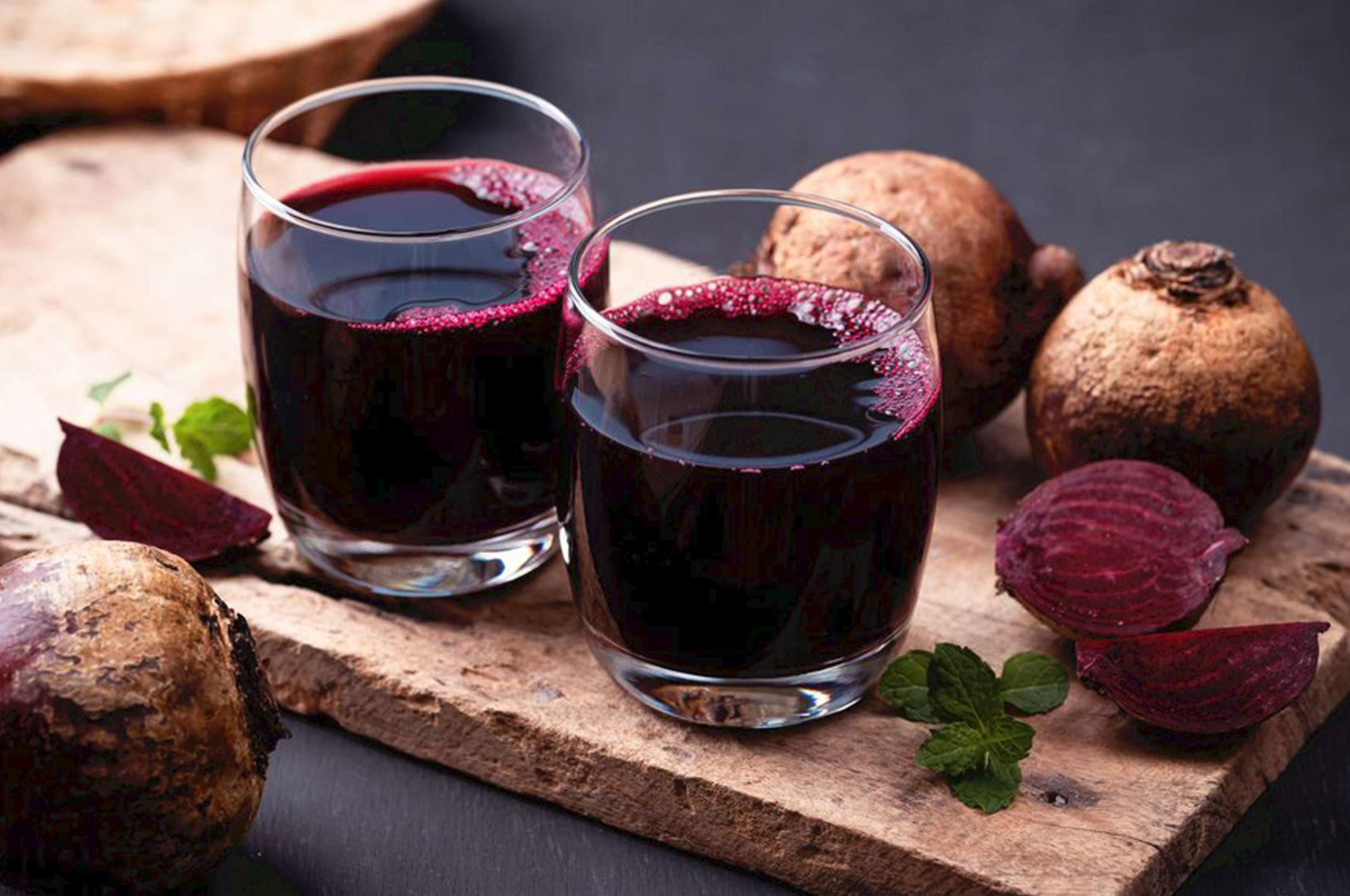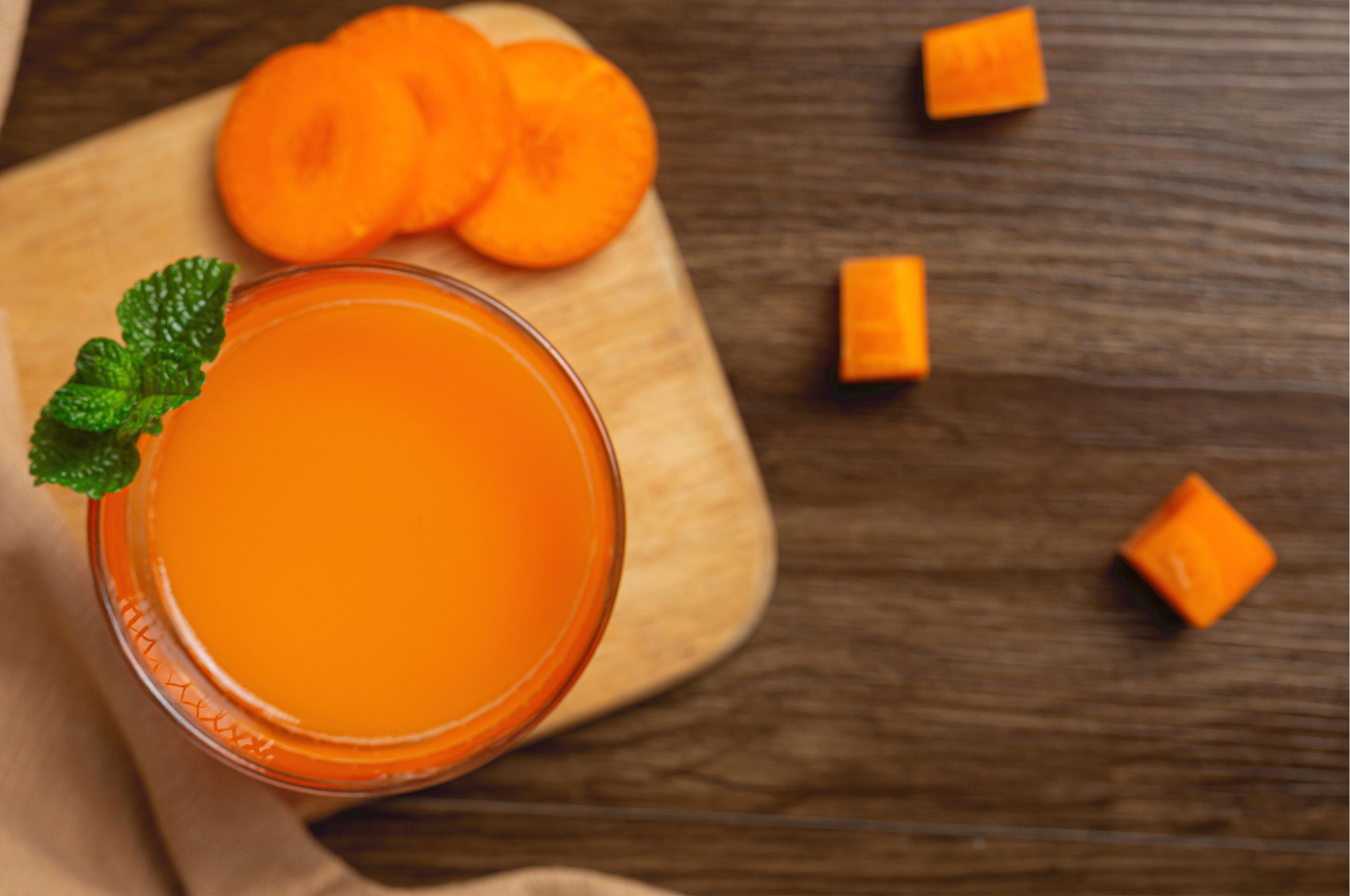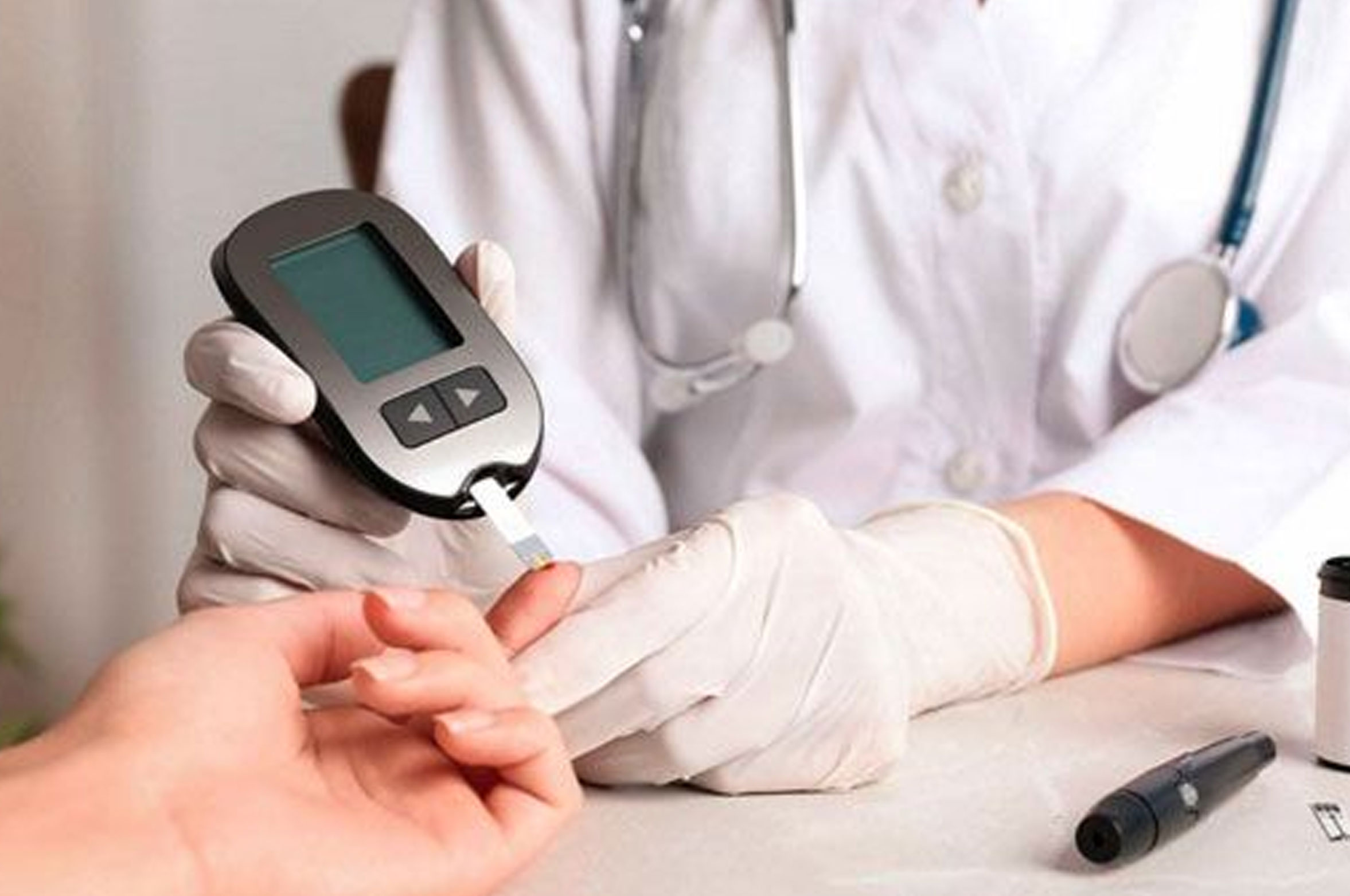Raw, Juiced, or Roasted: The Right Way to Eat Beetroot for Maximum Benefits
When you cut into a fresh beetroot, its deep crimson hue (velvety red tint) immediately grabs attention. This rich red pigment isn’t just aesthetic, it’s a biological signature of powerful healing compounds. But what exactly gives beetroot its bold color, and what lies beneath that skin in terms of nutrition and healing potential?
Let’s dive into what makes beetroot one of the most underrated superfoods in your kitchen — and how to use it wisely.
The Secret Behind the Red: Betalains
The distinctive deep red color of beetroot is due to a group of antioxidants called betalains, specifically betanin. These compounds are not just pigments — they exhibit strong anti-inflammatory, antioxidant, and detoxifying properties. Betalains are sensitive to heat, which is why cooking methods matter when it comes to preserving their benefits.
Nutrient Powerhouse: Vitamins, Minerals, and Nitrates
Beetroot contains a wide spectrum of nutrients in impressive quantities:
- Folate (Vitamin B9): Supports DNA synthesis and red blood cell formation.
- Manganese: Essential for bone health and enzymatic reactions.
- Potassium: Regulates heart rhythm and fluid balance.
- Vitamin C: Enhances immunity and skin health.
- Iron: While present in beetroot, it's non-heme and not a rich source.
- Fiber: Aids in digestion and supports gut health.
- Nitrates (NO₃⁻): Naturally occurring compounds that the body converts into nitric oxide, improving blood flow and lowering blood pressure.
But What About B12 and Iron?
There’s a common misconception that beetroot is rich in Vitamin B12 — it’s not. B12 is found only in animal products. However, beetroot supports iron metabolism thanks to its Vitamin C and folate content. This makes it useful in managing mild iron-deficiency anemia, especially when combined with Vitamin C-rich ingredients like lemon to enhance iron absorption.
Memory, Mood, and Brain Health
Beetroot's nitrate content plays a significant role in improving cerebral blood flow, particularly to the prefrontal cortex, which governs decision-making and memory. Studies suggest that daily beetroot consumption may improve cognitive performance in older adults, especially those at risk of dementia.
Heart Health and Blood Pressure
One of the most robust areas of research on beetroot relates to cardiovascular health:
- Nitrates relax and dilate blood vessels, which may reduce high blood pressure.
- Antioxidants help combat oxidative stress, a key contributor to heart disease.
- Regular beetroot juice intake has shown promise in lowering systolic blood pressure within hours of consumption.
Can Beetroot Support Cancer Patients?
Beetroot’s betalains and polyphenols show anti-cancer potential in laboratory studies, particularly in reducing tumor growth and supporting detoxification pathways. While beetroot isn't a standalone cancer therapy, it can be a supportive food in a comprehensive anti-inflammatory diet.
Diabetics and Glycemic Load
Despite its sweet taste, beetroot has a low glycemic load — meaning it doesn’t spike blood sugar significantly when eaten in moderation. Its fiber content helps slow glucose absorption. However, beetroot juice (especially without fiber) should be consumed carefully by diabetics, particularly when combined with other sweet fruits.
Kidney Health: A Word of Caution
Beetroot is high in oxalates, which can contribute to the formation of kidney stones, particularly in individuals prone to calcium-oxalate stones. It’s wise for those with a history of renal stones or impaired kidney function to consult a doctor before consuming beetroot regularly, especially in juice form.
The Most Common Mistake: Boiling or Soaking
Beetroot’s precious nutrients — especially betalains and water-soluble vitamins — are destroyed or lost during prolonged boiling or soaking.
- Boiling breaks down betalains, reducing the antioxidant punch.
- Soaking leaches out minerals and water-soluble compounds like folate and Vitamin C.
Best Practice:
Steam lightly or roast with the skin on, then peel just before use. Raw beetroot, finely grated or juiced, retains the maximum benefit.
Smart Recipes: How to Get the Most Out of Beetroot
- Beetroot + Lemon Juice Shot
- Juice one small beet with half a lemon.
- Boosts iron absorption and nitric oxide levels.
- Beetroot + Pomegranate Juice
- Antioxidant synergy that supports blood pressure and cardiovascular health.
- Beetroot + Berries Smoothie
- Mix raw beetroot with blueberries and strawberries.
- Enhances brain health and provides a fiber-rich energy boost.
- Beetroot Pickles
- Naturally fermented pickled beets are probiotic-rich and great for gut health.
- Raw Beetroot Salad
- Grated beetroot with olive oil, lemon juice, and fresh mint or arugula.
- A cooling, anti-inflammatory dish rich in enzymes and fiber.
Final Thoughts
Beetroot is more than just a root vegetable. It’s a vascular tonic, brain booster, and antioxidant powerhouse. Used wisely — raw, juiced, or lightly steamed — it can elevate your daily nutrition and support a wide range of health goals. Just steer clear of boiling and don't fall for common myths like it being a source of B12.
Let your plate be colorful and let that color be crimson.









